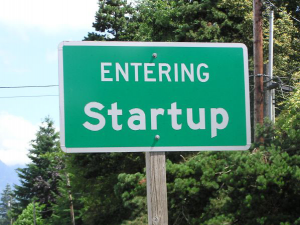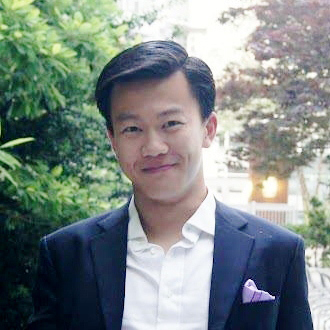 You have amazing energy and ideas. The students I meet with every day as a career counselor here at Penn are all interested in startups—setting something in motion. The project I have the privilege to see them starting is the enterprise of themselves and their own careers.
You have amazing energy and ideas. The students I meet with every day as a career counselor here at Penn are all interested in startups—setting something in motion. The project I have the privilege to see them starting is the enterprise of themselves and their own careers.
For those interested in managing their own careers and willing to take some risk, working for a startup can be an exciting plunge into a growing enterprise. The tasks may vary greatly, and one’s efforts may greatly influence the future of the organization. Startups can be found in every type of industry (tech, nonprofit, the arts, business, consumer goods, healthcare, and on and on), and they hire people for many roles (leadership, programming, marketing, business development, sales, design, HR, and more).
I asked some fabulous speakers (who have volunteered to speak at Penn) about their careers with startups. In order to offer you their advice, I asked them each: “If you could reach back in time, what advice would you give yourself as a college student regarding startup/career opportunities?”
So (drumroll please), take some advice from what might be your future:
“While I’m pretty fresh out of school, and I think I did a generally good job at this, I’d encourage myself, and any college student, to take even more risks, push the edge, challenge assumptions, break rules, and explore. It’s general advice I’d give to a student, but it applies specifically to pursuing a career in technology as an entrepreneur, because what we essentially do is explore, find opportunities, and fill them.”
Joe Cohen (Wharton)—Lore (formerly Coursekit)
“Often, people have told me they think startups are ‘too risky.’ For someone in school or just graduating from college, however, I really don’t think there is any risk in working for a startup. The upside is enormous—you’ll learn more broadly and get much more responsibility than you might at a big company—and if things don’t work out, as long as you’re talented and work hard, you’ll always be able to find something new to do. The job offer from Google will be there in three years or in five years, but your needs and desire for work / life balance may change as you grow older, so you might as well work at a startup while you’re young, hungry, and driven.”
Andrew Kortina—Venmo
“If you want to join a startup, the best time is when you are graduating. This is for a few reasons
• You have the least to lose.
• You’ll learn in dog years. A good year at a good startup is equivalent to seven at a BigCo from a learning experience.
• You won’t lose your edge as one inevitably does by working at larger, slow-moving organizations.
And worst case, if things don’t work out at the startup, you can always get a job at BigCo as they are always looking for smart people—especially Penn grads.”
Anand Sanwal—CB Insights
“Optimize for ‘learning’ over every other consideration! The first few years after college are essentially a real world continuation of your education. They are formative years that lay the foundation for the next 30 years of your career. Your learnings should be focused on two things: 1) building a reasonably broad set of complimentary capacities that you will leverage over the long haul; and 2) exploring different types of roles and environments to help you discover your true passion.”
Ben Siscovick (College)—IA Ventures
“Don’t think that you have to do finance or consulting just because that’s the ‘natural’ path for Penn students. There are tons of opportunities in tech and startups, tons of companies that can use smart graduates like you, and I promise you that if you don’t do the ‘standard’ finance path, your work and life will be much more fulfilling than the alternative.”
Lee Yanco—AppNexus
Thank you to these speakers and their fellow panelists at some of our recent and future panels:
“NYC Tech Talent Draft”—September 19, 2012
“Navigating the Startup Career”—January 29, 2013
“NYC Tech Talent Draft”—February 21, 2013
and to those companies planning to attend our upcoming Start-Up Career Fair on February 21!






